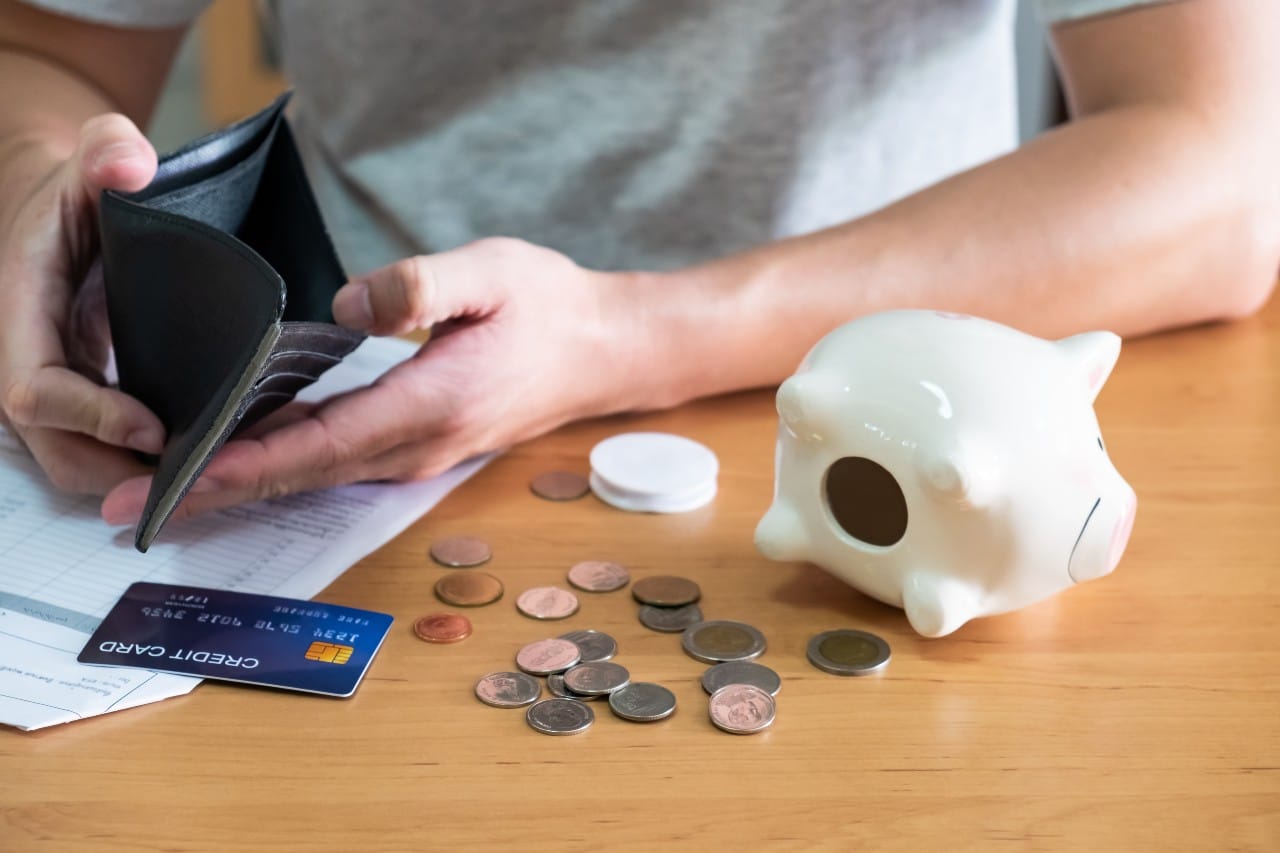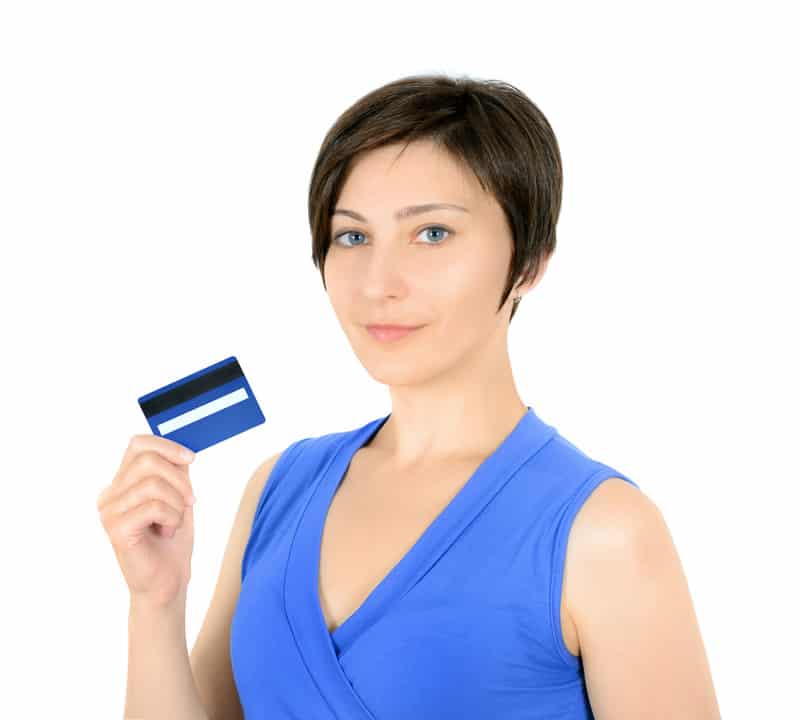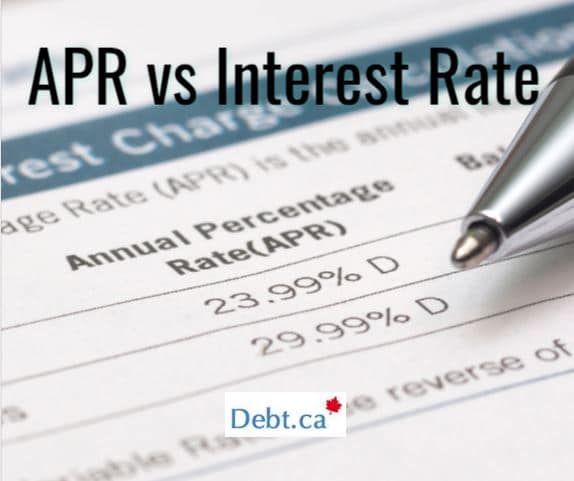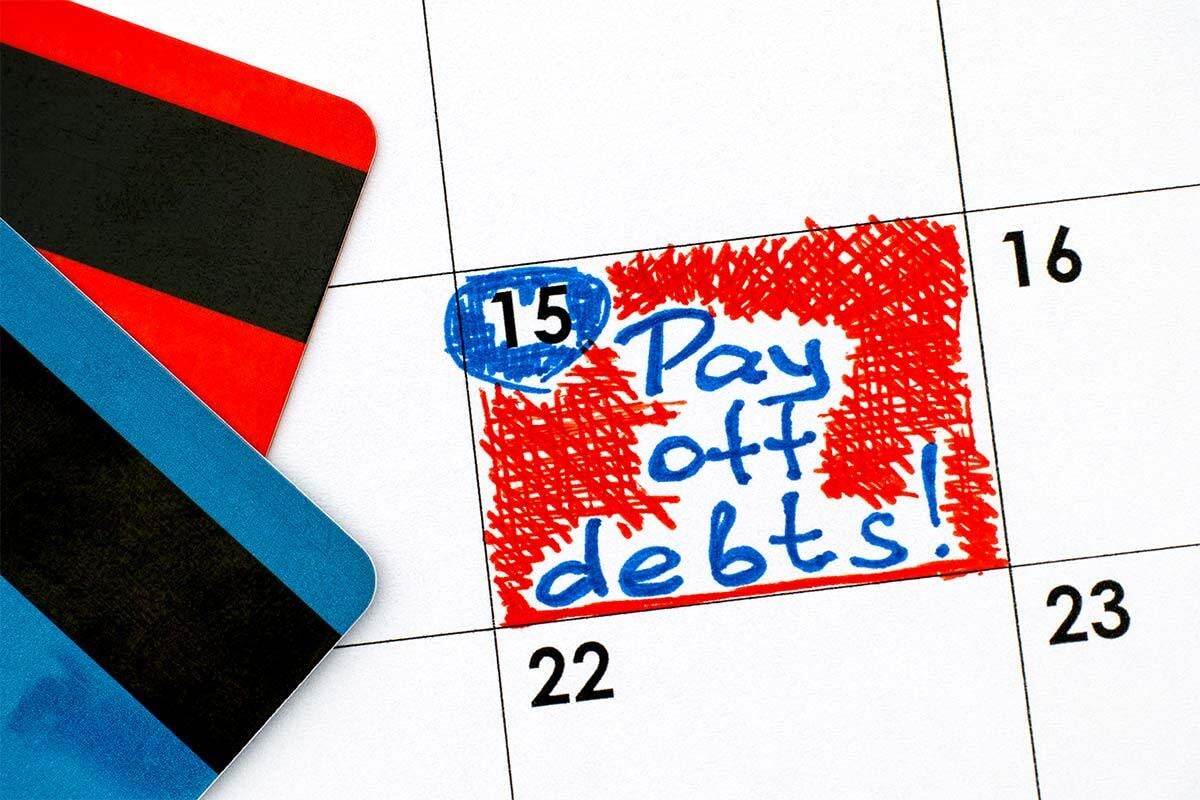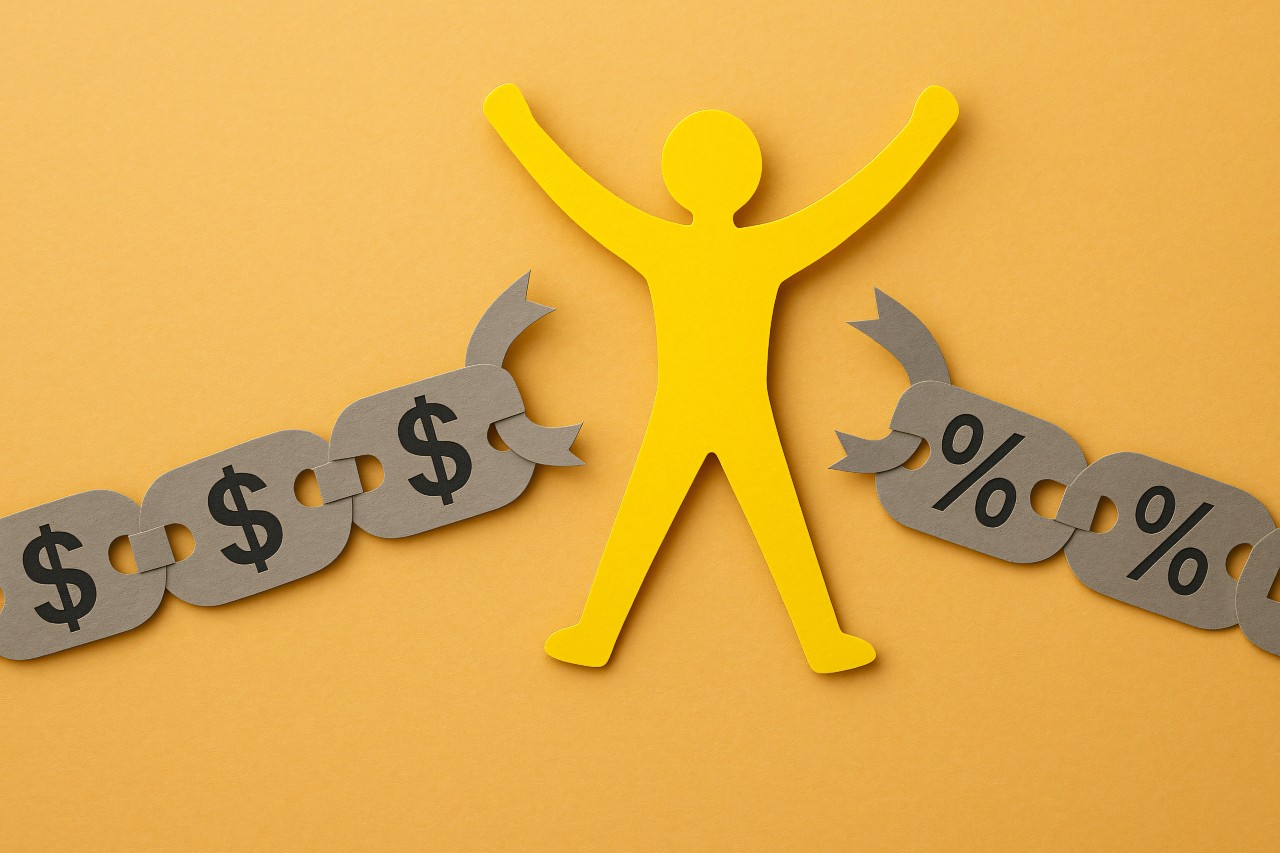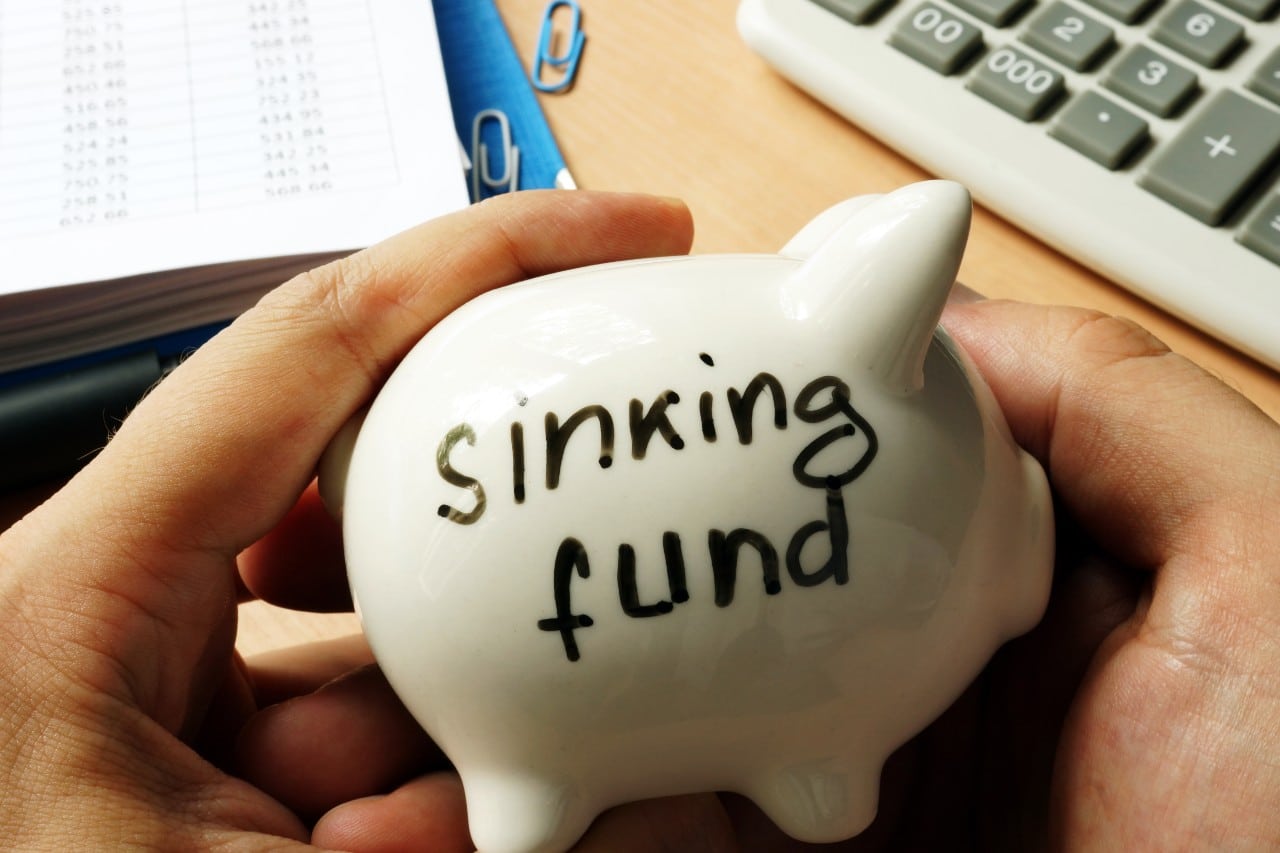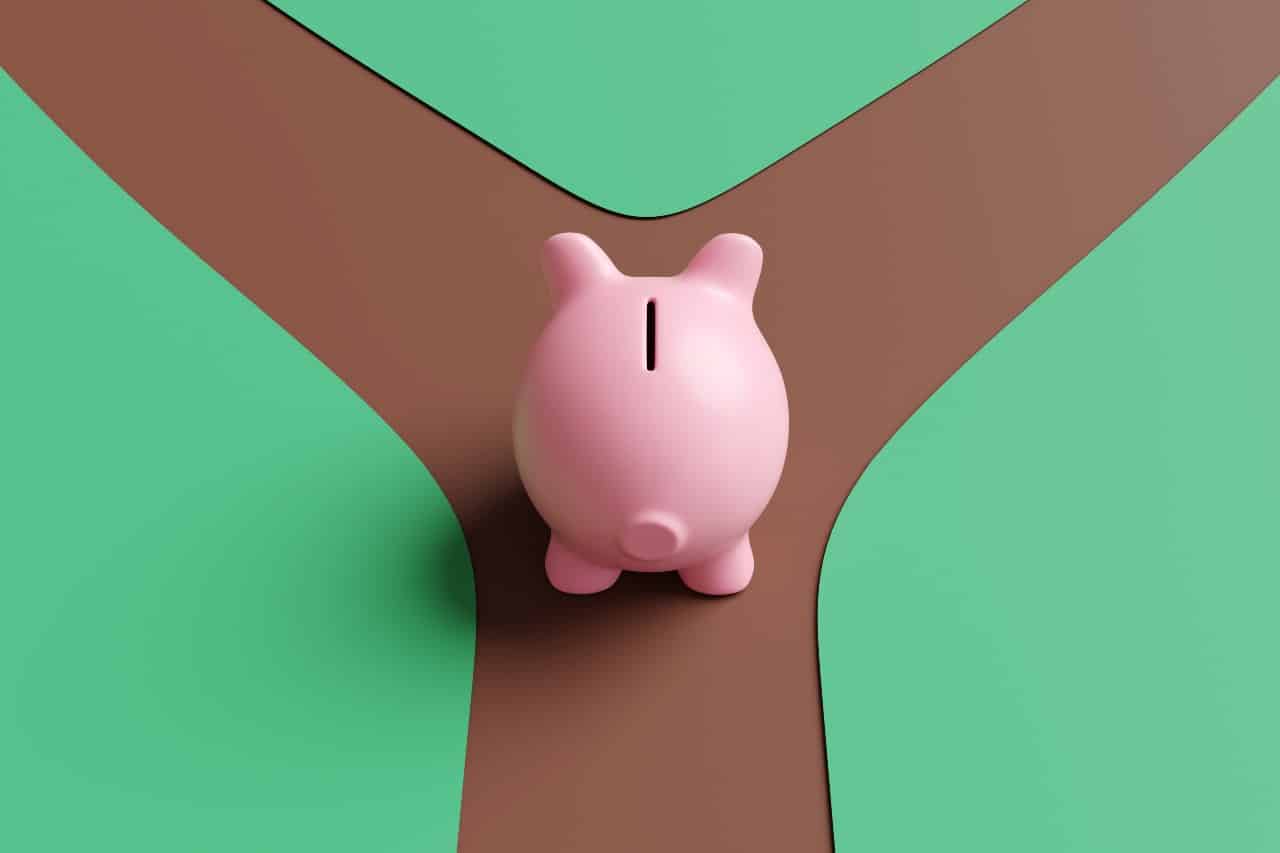Our modern financial system is expansive and abundant. There are a ton of financial products and services available to us, including credit card cash advances. If you’re facing an unexpected expense and need quick cash, an advance from your credit card might be the appropriate resource. Before you click transfer, be sure to consider the implications, such as high cost and short-term repayment periods. Continue reading to learn more.
What is a cash advance?
A credit card cash advance is a cash withdrawal from your credit card. In other words, you’re borrowing (in essence, buying) cash against your credit card.
How do cash advances work?
Cash advances can be completed through an ATM, online bank account, over the phone or by visiting your bank branch. Keep in mind each credit card provider is different. Some credit card issuers provide cheques to cash money from your credit card too. As a result, your options may vary depending on your credit card company. To withdraw money from your credit card, simply use one of these methods to complete a cash advance. Then you’ll have cash available immediately.
Rates
A big consideration is that, unlike other transactions, cash advances don’t have a grace period before interest begins accruing. Interest starts accruing immediately. Not only that, but the APR on cash advances is higher than your regular interest rate. Often, the interest rate on a cash advance is 23% compared to the usual 20%. However, the exact rates of interest depend on your credit card provider.
In addition to interest, typically, there is a one-time cash advance fee. The amount of the fee depends on the issuer, but it’s usually a percentage of the cash advance amount, such as 1%. As you can see, the cost of cash advances is expensive!
Other transactions that are ‘cash advances’
In the purest sense, cash advances are drawing down cash from your credit card. There are instances where other transactions might be considered cash advances. In these cases, you might incur interest and a one-time fee similar to those associated with credit card cash advances. Other transactions that might be considered cash advances include:
- Wire transfers
- Money orders
- Foreign currency exchanges
- Traveller’s cheques
- Lottery tickets
- Wagers, gaming chips and other similar purchases
- Transactions using platforms such as PayPal and MoneyGram
- Paying a bill using a credit card, such as a car loan or utility payment
How to get a cash advance
You can obtain a cash advance through the following methods:
- Visit a bank branch
- Go to an ATM
- Calling your bank
- Using a credit card cheque (it still has to be cashed at an ATM or branch)
- Make a transfer through online banking (you’d still have to go to an ATM or branch to get physical cash)
How to pay off a cash advance
Paying off your cash advance is simple. It can be done the same way you pay your credit card bill.
Since interest begins accruing on cash advances immediately, paying it off as soon as possible is important. The longer you wait, the more interest you’ll have to pay. It’s in your best interest to avoid making just the minimum payment and pay off the cash advance as soon as you can.
Cash advance pros
Available in an emergency
Cash advances are readily accessible at any time. Which can be particularly handy in times of need. As you have room left on your credit card, there’s usually a way to do a cash advance.
No approval required
You must have an open, active credit card account to access cash advances. Other than that, no approval is required.
Cash advance cons
High cost
Between the higher annual percentage rate on cash advances and the one-time fees, the cost of the service is very expensive. In addition, the cost is immediate.
Short term financing
Because interest begins accruing instantly, the cash advance needs to be repaid quickly. This can be inconvenient and difficult to achieve if you’re in a financial slump.
Credit score impact
When you spend more on your credit card, your overall credit utilization ratio goes up. This has a negative impact on your credit score. If a cash advance is being taken out because of financial struggles that may mean there’s a good chance of a late payment. A late credit card payment would also mean a hit to a credit score.
Not ideal for big costs
Most people have a credit limit of $1,000 on their credit cards. If you need more than that or don’t have enough room on your card, you might have to turn to another form of financing.
Alternatives to a cash advance
Cash advances have their uses, but you might want to consider alternatives before making a final decision. Here are some options to consider that may be better than a cash advance:
- Borrow money from friends and/or family
- Personal loans
- Sell items you don’t use anymore
- Registered Retirement Savings Account
- Home Equity Line of Credit
- Advance from your employer
When to use a cash advance
Cash advances are ideal when you need cash instantly. If you can’t wait for banks to open or for a loan to be approved, cash advances can be a valuable resource. A common example of when this might happen is while travelling. If you need cash but your debit card isn’t working, there’s a very good chance you’ll be able to get a credit card cash advance at an ATM.
When not to use a cash advance
A cash advance shouldn’t be used if you have time to deal with the financial obligation. In those cases, it’s best to wait until you can find a better, more affordable option. Also, cash advances shouldn’t be used for day-to-day expenses or non-urgent transactions. In fact, if you’re using cash advances to meet daily obligations, it’s a good indicator that you’re heading to dire financial issues.
Cash advances and your finances
Cash advances have their uses and that’s what they are there for! However, if you can find a better solution that’s less expensive, definitely go with that option. As a final piece of wisdom, it’s a good idea to build an emergency fund so you have cash set aside when you need it.
Are you facing financial struggles because of relying on credit card cash advances? Reach out to our Credit Counsellors for a free consultation. We can set you up with a plan to get you debt free.

